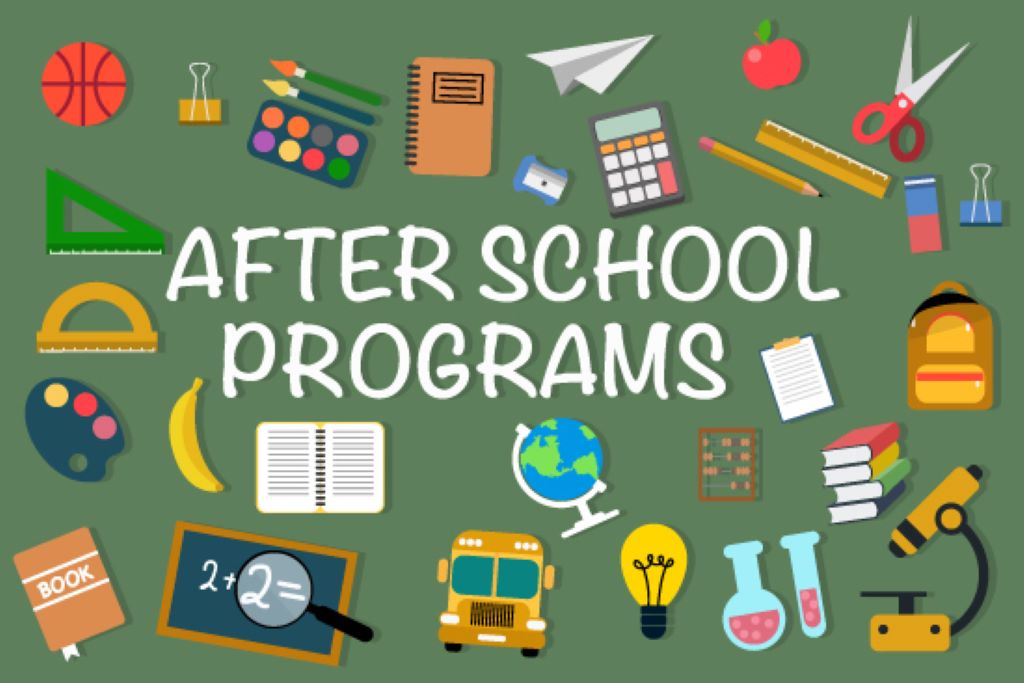
17 Feb 30 After School Program Activities: Make the Most of After School Time
The period between the end of the school day and bedtime is typically a few hours that can be incredibly valuable for children’s growth and development. After school program offer a unique opportunity to utilize this time constructively, engaging kids in fun and exciting activities that can also help them learn new skills, gain confidence, and build relationships with their peers.
From sports teams and music lessons to academic clubs and community service projects, after school program activities can cater to a wide range of interests and provide children with a safe and stimulating environment to explore their passions and potential. From sports and arts to academic support and life skills building, the possibilities are endless!
Here are 30 ideas to inspire your after school program activities:
1. Cooking Class
Cooking is a life skill everyone needs to learn. An after school cooking class can teach kids basic cooking techniques, nutrition information, food safety, and more. Let them get hands-on experience measuring, mixing, chopping, and cooking recipes they’ll love, like pizza, cookies, and other age-appropriate snacks or meals. They’ll gain pride and confidence in preparing food themselves.
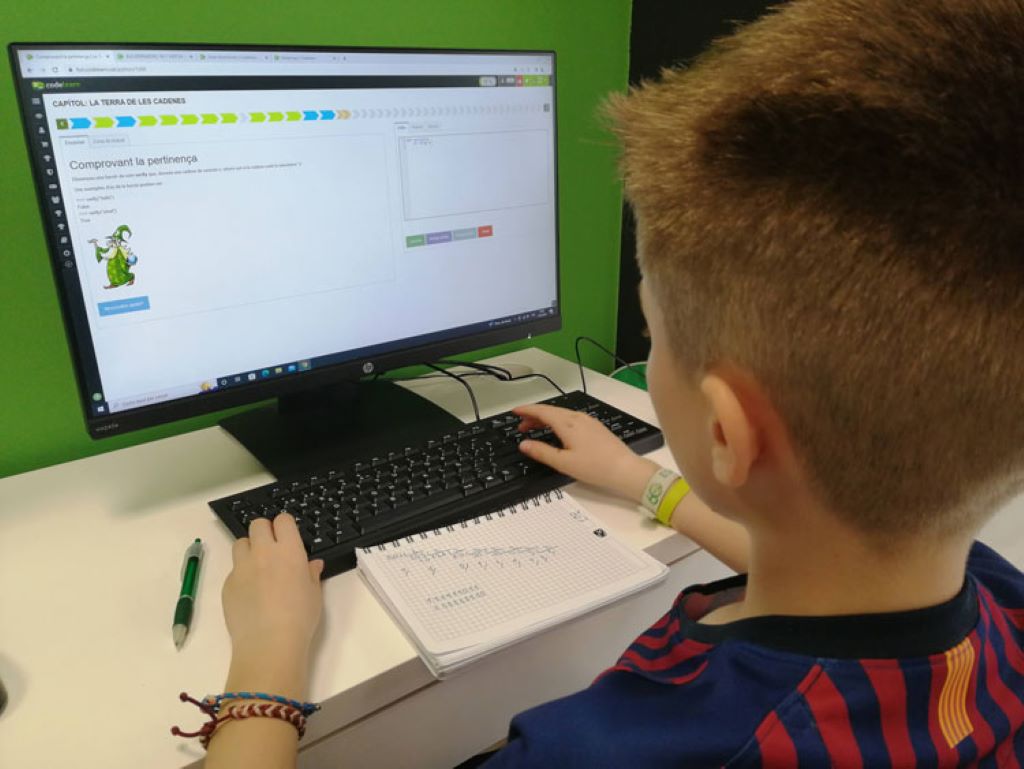
2. Coding/Computer Programming
In today’s tech-driven world, coding is becoming an essential skill. After school coding clubs and classes can teach kids how to build a website, develop an app, or program robots. You can tailor instruction to different skill levels and ages. Many kids find coding fun and will happily engage in screen time that builds logic, problem-solving, and digital literacy.
3. Theater
For budding performers, an after school theater program can be a creative outlet. Kids can learn stagecraft like set design, lighting, costumes, and sound. Then, they can act in skits, student-written works, or full theatrical productions. Theater builds public speaking skills, collaboration, and self-confidence. Programs can also incorporate musical theater with singing and dancing numbers.
4. Book Club
Reading for pleasure has cognitive benefits for kids, so make literacy fun with a book club. They’ll develop comprehension and emotional intelligence by discussing the plot, characters, and themes and making connections to their own lives. Give them time to read novels of their choosing freely. To engage reluctant readers, you could center book discussions around graphic novels, manga, or other texts aligned with their interests.
5. Lego Robotics
Combining Legos with robotics is a STEM activity kids will “build” on for years to come. In Lego robotics programs, they construct Lego vehicles, attachments, and more. Then they program their Lego creations using motors and sensors to move, react, and complete challenges. This develops spatial thinking, mechanical engineering know-how, teamwork, and problem-solving skills.
6. Math Enrichment
Math is a subject some students struggle with that requires ongoing exposure and practice to excel. The programs can make numbers engaging with games, collaborative projects, digital learning tools, and real-world applications. Kids will associate math with fun rather than frustration. The activities can be designed to develop skills they need help with, going beyond regular classwork.
7. Service Learning
Giving back to the community cultivates empathy and civic engagement in youth. In a service learning program, students identify issues and needs. They then develop service projects to address them. For example, they could make blankets for a homeless shelter, cards for hospital patients, care packages for new immigrants, or a food drive for a food bank. Reflection after projects helps them process the impact of service.
8. Chess Club
The game of chess builds higher-order thinking, concentration, and spatial skills. In an after-school chess club, students will learn openings, tactics, end-game play, and more from peers and adult mentors. Class time can include instruction, practice games against opponents, and fun variations like four-player chess. Tournaments add friendly competition. All abilities are welcome to join.
9. Podcasting
Podcasting combines technology and communication skills. In this 21st-century storytelling activity, students create, record, and edit their own podcast episodes on topics they care about. They can incorporate interviews, narration, background music, and sound effects. Topics could focus on hobbies, current events, creative writing, school issues, cultural backgrounds, and more.
10. Improv and Sketch Comedy
Let kids exercise their humorous sides with improv and sketch comedy. They’ll play fun games that build spontaneity, imagination, and quick thinking in the moment. Then, they can use their improv skills to collaboratively script and perform original sketch comedy scenes. Improv boosts confidence and ability to interact appropriately. And comedy brings therapeutic laughter and connection.
11. Yoga
Yoga benefits kids’ physical and mental health alike. In an after-school yoga program, certified instructors lead kids through beginner poses, breathing exercises, and meditation. Yoga boosts flexibility, balance, and self-control and reduces stress. And it provides a peaceful time to unwind after a hectic day. Variations like Cosmic Kids yoga add imaginative themes. The practice of mindfulness can extend beyond the mat.
12. Garage Band
Let after school be rock and roll time. Aspiring musicians can jam in a garage band, covering favorite songs and writing their own original tunes. They’ll gain skills playing guitar, bass, drums, keyboards, or singing while building teamwork. Performances for parents and at school events offer a chance to shine on stage. Recording original songs makes memories. Music education researchers have found learning an instrument boosts areas like language and executive function.
13. Junior Entrepreneurs Club
Kids with an interest in business can be part of a club for budding entrepreneurs. They’ll learn the basics about starting companies, marketing, financial literacy, and leadership. Activities include product brainstorming, designing logos, creating ads, and practicing pitches. They could collaborate on projects like school fundraisers, making and selling simple products, or developing online stores. The sky’s the limit for sparking innovative thinking early!
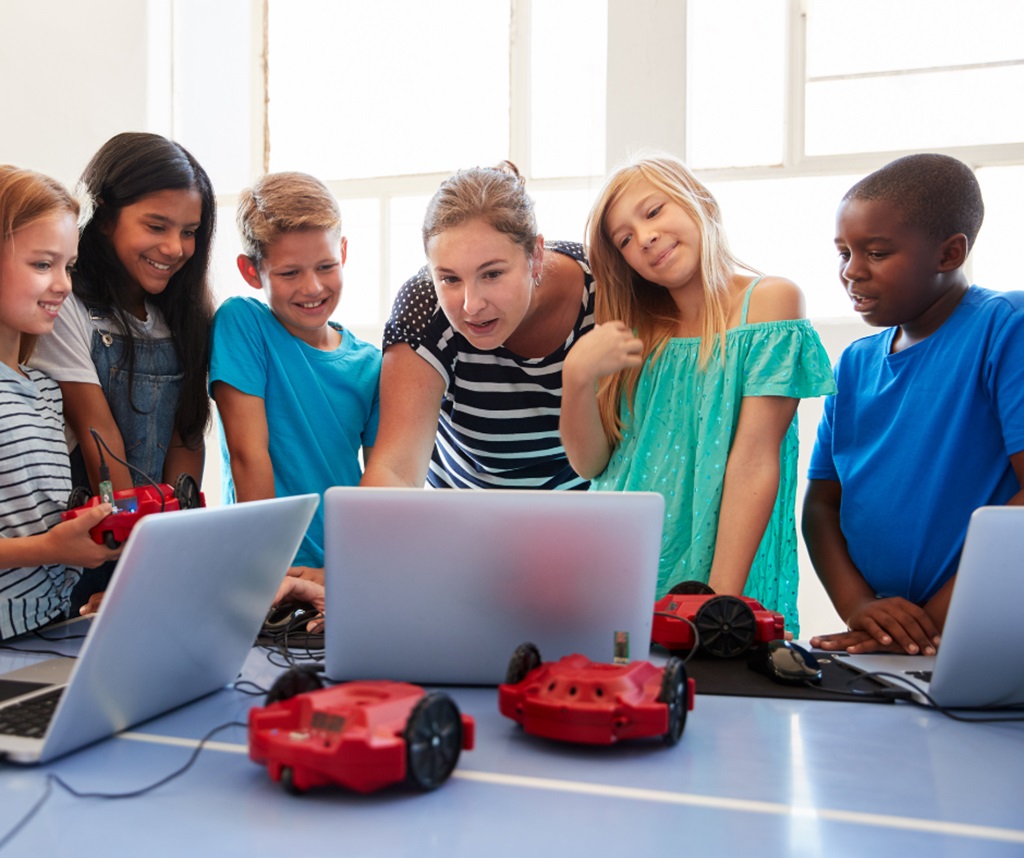
14. Soccer
One of the world’s most popular sports, soccer offers unlimited fun and fitness potential for an after-school program. Kids will enhance cardiovascular endurance and footwork through running drills, scrimmages, and games. Soccer teaches team building as players share ball handling and scoring goals together. They’ll also gain sportsmanship, leadership, and perseverance through both wins and losses on the field. Look for opportunities for them to put skills into practice through competitive and recreational league play outside of program hours.
15. Debate Team
Debate experience gives students a leg up in public speaking, research, persuasive writing, and forming arguments. After school, debate teams first learn foundations like debate formats, types of arguments, and effective speaking techniques. Then, they research evidence on current issues or set topics and participate in practice debates. Your school can host tournaments against other schools’ teams. The competitive but collegial spirit builds quick thinking.
16. Jewelry Making
Jewelry-making satisfies crafty kids’ creative spirits. In an after-school jewelry-making program, they can fashion necklaces, bracelets, earrings, rings, and more. With supervision, they can learn to string beads, wire wrap stones, use crimp beads, and attach clasps and jump rings. Let them adorn their works with glass beads, sea glass, shells, and charms that express their personalities. Crafts like jewelry-making build fine motor skills and imagination. The projects make great gifts and morale boosters for themselves.
17. Newspaper Club
Budding journalists can find their voices in a newspaper club. Students report on happenings around the school community and beyond. They can take on roles like editors, reporters, photographers, graphic designers, and columnists. Leadership, writing, and design skills will grow as they collaborate on brainstorming articles, interviewing, editing, layout, and more. Publishing the school paper – whether in print or online – gives them a sense of accomplishment.
18. Environmental Club
Help kids develop a passion for protecting the planet through an environmental club. They can learn about climate change, conservation, gardening, recycling initiatives, and more. Then, they can apply their knowledge to projects like planting trees or a butterfly garden on campus, organizing park clean-ups, improving recycling procedures at school, making reusable bags, or creating informational flyers. Seeing their impact teaches civic responsibility.
19. Photography
Aspiring creatives will find their vision in an after school photography program. They’ll learn composition basics, lighting techniques, and editing while exploring different styles, from portraits to still life and landscapes. They can use DSLR or smartphone cameras. As they build a portfolio, photography boosts sequencing skills, visual learning, and creative confidence. Displaying their works is a sense of pride.
20. Geocaching
For thrill-seeking kids, geocaching combines hide-and-seek with technology. Participants use GPS coordinates to locate containers called geocaches hidden around the school’s neighborhood or campus. Finding the caches fosters teamwork, problem-solving, and orienteering skills. Kids can create and hide geocaches for each other containing small toys, trinkets or logbooks to sign.
21. Model United Nations
In Model UN, students roleplay as ambassadors from various nations and debate real global issues. They’ll gain perspective-taking, critical thinking, policy analysis, and speech-writing skills. Model UN boosts knowledge about international relations, cooperative resolution, and appreciation of different viewpoints. Kids prepare together and then attend conferences to serve on committees and craft resolutions.
22. Peer Tutoring
Some students excel with one-on-one instruction. In a peer tutoring program, they can help classmates who need a boost in learning subject material or developing skills. For instance, eloquent readers can tutor struggling readers. Tutors gain leadership abilities and confidence, while tutees get support tailored to their learning needs. You can implement a structured curriculum with tutor training and progress monitoring.
23. Space Exploration
For curious minds, an after school space exploration club offers a universe of learning. Students can study astronomy, constellations, rocketry, space technology and more. Fun interactive projects could include building model rockets, designing a Martian colony, researching real space missions, tracking the night sky, or video chatting with STEM experts at NASA. Kids will blast off in scientific discovery.
24. Painting and Drawing
Artistic children can find their muse in a painting and drawing program. Budding artists will develop technical skills by playing with watercolors, acrylics, oil pastels, charcoal, and various high-quality papers and canvases. They’ll learn techniques like portraits, still life, landscapes, shading, perspective, color mixing, collage and more. Art boosts patience, spatial reasoning, and self-expression. Showcasing their masterpieces builds confidence, too.
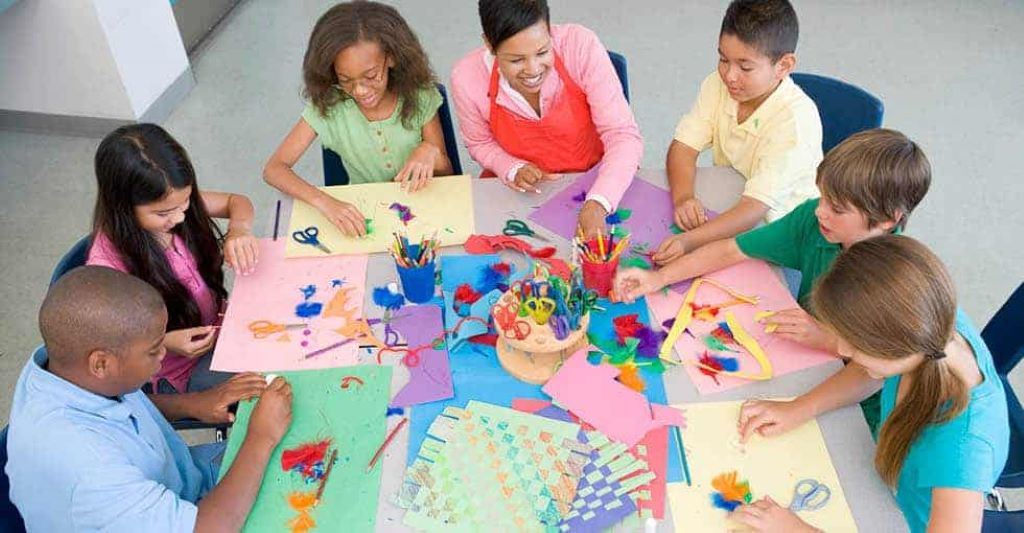
25. Science Club
Tap into kids’ innate scientific curiosity with an after school science club. They’ll gain exposure to concepts in physics, chemistry, biology, engineering, geology, and more with hands-on experiments and projects. Members can design investigations like testing insulation materials, building catapults, mixing chemical reactions, dissecting owl pellets, or racing solar cars. Science club nurtures critical thinking and problem-solving in budding Einsteins.
26. Karate
Martial arts like karate instill discipline, focus, self-defense and physical fitness in students. In an after school karate program, experienced black belt instructors teach the history, philosophy and techniques of the art. Kids learn stances, forms, blocks, strikes, and sparring. As they progress through belts, they’ll gain confidence, respect for others and personal integrity. Many studios allow opportunities to compete and perform demonstrations.
27. Gardening
Give green thumbs an outlet in the gardening club. Kids will sow the seeds of environmental awareness, learning about plant biology, soil health, pollinators, and sustainable growing practices. Activities can include starting seeds indoors, transplanting, composting, weeding, watering and harvesting produce from a garden on school grounds. They can donate yields to a food bank. Gardening teaches patience and responsibility, cultivating living things.
28. Short Film Club
Aspiring directors and movie buffs can join forces in a short film club using phone or digital cameras. They’ll write, act, direct and edit their own movies as a team. Club members learn scriptwriting, shot framing, lighting, and editing software skills, creating fun character sketches, adventures, documentaries, and more. Their finished films can be shared at film festivals and on video sites.
29. Handicrafts
In a handicrafts club, kids can learn time-honored skills like knitting, embroidery, quilting, woodcarving, leathercraft, or calligraphy. Patient adult mentors can teach beginners the tools and techniques to make beautiful objects with their hands. It counters digital overstimulation. Plus, handicrafts build fine motor skills, attention to detail, goal-setting, and a sense of industry in completing projects.
30. Volleyball
Volleyball is a fast-paced sport requiring coordination, quick reaction time and communication with teammates. In an after-school volleyball program, kids will learn fundamentals like serving, bumping, setting, spiking, and positional play. Drills and scrimmages teach game strategy beyond gym class. They’ll get exercise diving for digs and have fun bonding over the excitement of the game. Your school team can join a league.
The hours after school offer a prime opportunity to enrich kids’ learning and growth through engaging programming. Choose activities aligned with your resources, student interests and needs. Furthering their skills and knowledge also emphasizes fun, relationship-building, and honorary development. If program costs are prohibitive to families, consider fundraising for scholarships. When kids look forward to coming to stimulating after school programs, it’s a win for the whole community.
Frequently Asked Questions
Q: What are some benefits of after school programs?
A: After school programs have many benefits for kids, including:
- Providing a safe, supervised environment between school and when parents get home from work
- Enrichment activities to supplement academics and foster well-roundedness
- Opportunity to socialize and build relationships with peers and mentors
- Chance to explore interests and gain real-world skills
- Physical activity time to help combat childhood obesity
- Support working families who cannot pick up kids right after school
Q: How do you choose activities to offer in after school programming?
A: Consider these factors when choosing after school program activities:
- Student interests and hobbies – Get their input through surveys or class discussions
- Needs – Identify academic or developmental areas they need strengthening
- Available resources – Play to the strengths of your staff and budget
- Variety – Include sports, arts, academics, technology, life skills to appeal to different talents
- Developmental appropriateness – Match activities to grade levels
- Inclusiveness – Ensure activities accommodate kids with disabilities
Q: What should the schedule look like for an after school program?
A: An effective after school program schedule usually includes:
- Snack time and socializing – Let kids decompress from school
- Homework help – Give academic support if needed
- Skill-building activity – Offer a hands-on, structured enrichment activity, whether it’s coding, sports, arts, etc.
- Free choice time – Game rooms, maker space, and playgrounds for relaxed play
- Wrap up – Recap the day and discuss plans for tomorrow
Balance structured activities with relationship building and free time.
Q: How do you hire staff for after school programs?
A: Some tips for hiring after school program staff:
- Clearly define roles and responsibilities – What age groups? Which activities will they lead?
- Require background checks, fingerprints and training – Ensure child safety.
- Look for experience with children via teaching, coaching, childcare or youth work
- Seek passion/expertise for activities they’d instruct, like music, arts, STEM, etc.
- Ensure reliable transportation and schedule availability in the afternoons
- Recruit community members or older teens to be role models and mentors
Q: What are examples of stipends you can offer after school staff?
A: After school program staff stipend examples include:
- Teen volunteers – $100-200 per semester
- Group leaders – $15-20/hour
- Specialty instructors – $25-50/hour, depending on expertise
- Program director – Annual salary of $35-45K
- Offer stipends rather than hourly pay since hours are limited.
- Scale pay is based on experience, education, and type of role.
- Check comparable at similar local programs.
Conclusion
The hours between 3 and 6 pm are prime time for uplifting after school programming. With engaging activities, students can continue learning and growing as they explore interests in sports, technology, arts and life skills. Incorporating how to organize kids craft supplies into the broader context of after-school programs, it becomes evident that staff have an exceptional chance not only to mentor youth and foster their innate talents but also to instill organizational skills through managing craft supplies, embodying the proverbial village of caring adults dedicated to enriching children’s lives during the critical hours after school.
After school program activities lead to lifelong benefits for participants that extend far beyond the final bell.

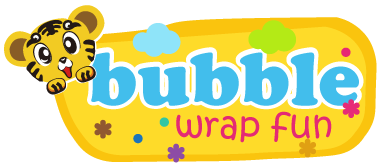

Sorry, the comment form is closed at this time.